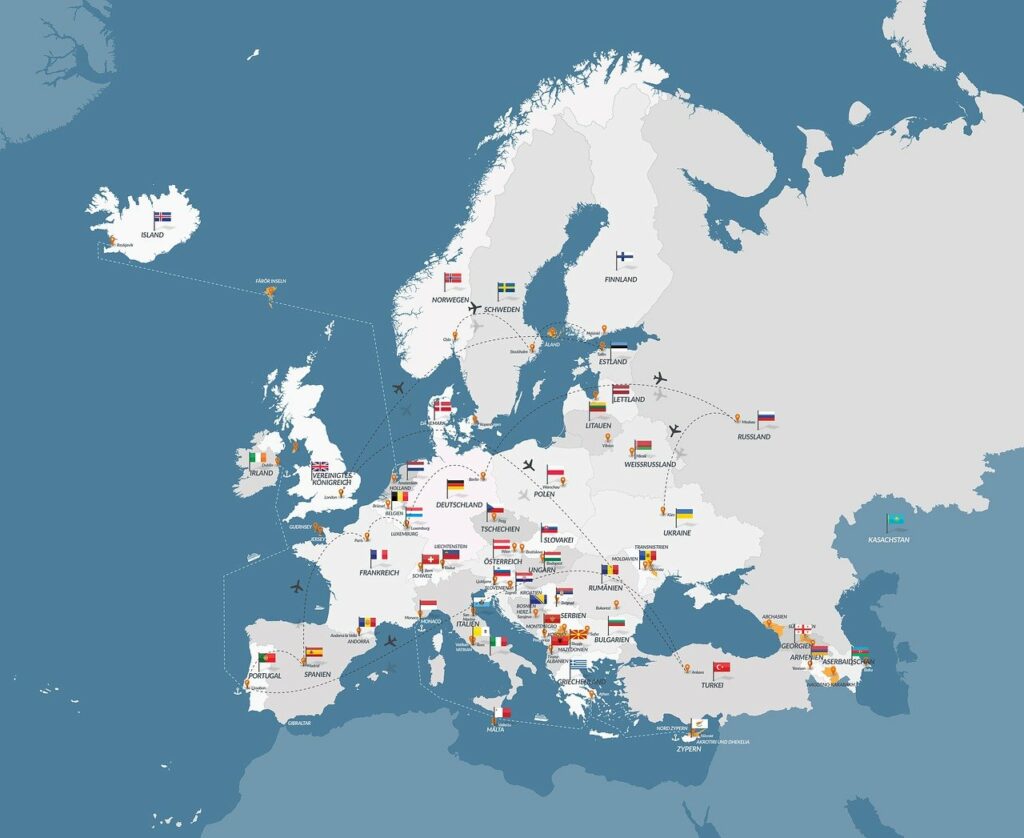With Europe aiming to triple geothermal energy deployment by 2030, the Geological Surveys of Europe (EuroGeoSurveys) has issued a clear message: the region’s geothermal ambitions are constrained not by technology or policy gaps, but by inadequate access to geoscientific data.
In its newly released position paper, Advancing Geothermal Energy in Europe, EuroGeoSurveys calls for the creation of a permanent “Geological Service for Europe”—a scientific body dedicated to gathering, curating, and distributing pan-European subsurface data critical for geothermal planning, investment, and permitting.
The rationale is grounded in risk and cost mitigation. Geothermal development, unlike wind or solar, depends on in-depth knowledge of subsurface geology—often at depths exceeding several kilometers. High-resolution geological data informs everything from reservoir viability to drilling risks and ultimately financial feasibility. Yet, many EU member states, particularly in Eastern and Southeastern Europe, still lack comprehensive, publicly accessible subsurface datasets.
“Public geoscientific data is not just a technical asset—it’s a public good essential for de-risking investment,” the paper argues. This echoes earlier findings in the European Parliament’s 2024 report on geothermal energy, which emphasized that missing or outdated geological maps, seismic data, and hydrological models act as bottlenecks for project developers and financiers alike.
The proposed Geological Service for Europe would aim to address these structural limitations through coordinated public exploration campaigns, particularly in low-data-coverage regions, and harmonized geological modelling efforts across borders. At its core, the vision builds on existing EU programs like GeoERA, but with a permanent institutional mandate and funding stream.
According to EuroGeoSurveys, the current patchwork of national data policies limits transboundary collaboration and makes it difficult to create standardized geological risk assessment tools. This is especially problematic for geothermal heat networks, which are often situated near national borders or urban clusters that require joint infrastructure planning.
The position paper calls for European Commission support to fund new data acquisition projects—particularly deep drilling surveys, seismic imaging, and thermal gradient mapping—and to integrate these into a centralized, open-access platform. Emphasis is also placed on data interoperability, metadata standards, and digital infrastructure.
A further recommendation includes developing cross-border training initiatives and academic-industry partnerships to bridge the geoscience skills gap. Many national geological institutes are experiencing a shortfall of trained personnel in geothermal-specific disciplines like reservoir modelling and geochemistry.
While geothermal currently represents only a fraction of Europe’s energy mix, its strategic role is expected to grow, particularly in the decarbonization of district heating and industrial processes. By 2050, the European Technology and Innovation Platform on Deep Geothermal estimates that geothermal energy could supply up to 25% of the EU’s heat demand.
Achieving that potential, however, will require upfront investment in the one resource developers cannot generate on their own: verified, reliable, and openly shared geological data. With the current push for energy resilience and autonomy, the EuroGeoSurveys proposal is as much about energy policy as it is about scientific infrastructure.
Stay updated on the latest in energy! Follow us on LinkedIn, Facebook, and X for real-time news and insights. Don’t miss out on exclusive interviews and webinars—subscribe to our YouTube channel today! Join our community and be part of the conversation shaping the future of energy.





